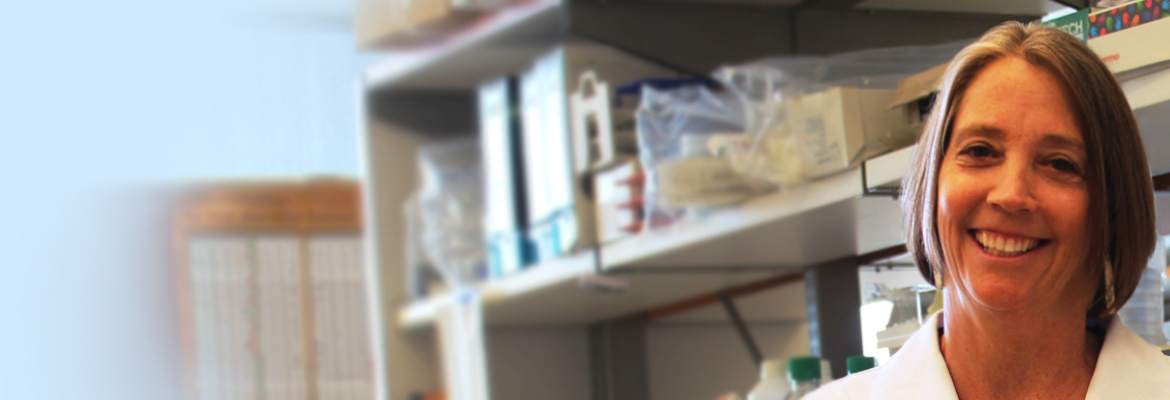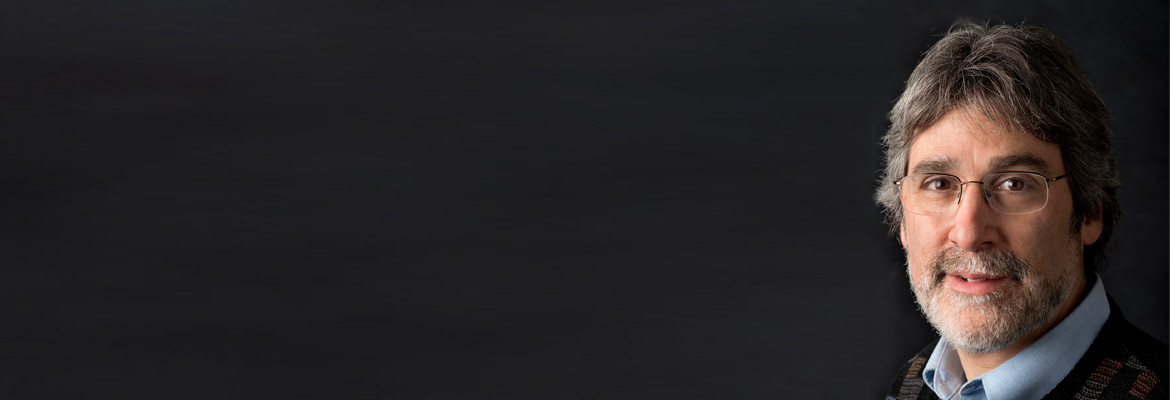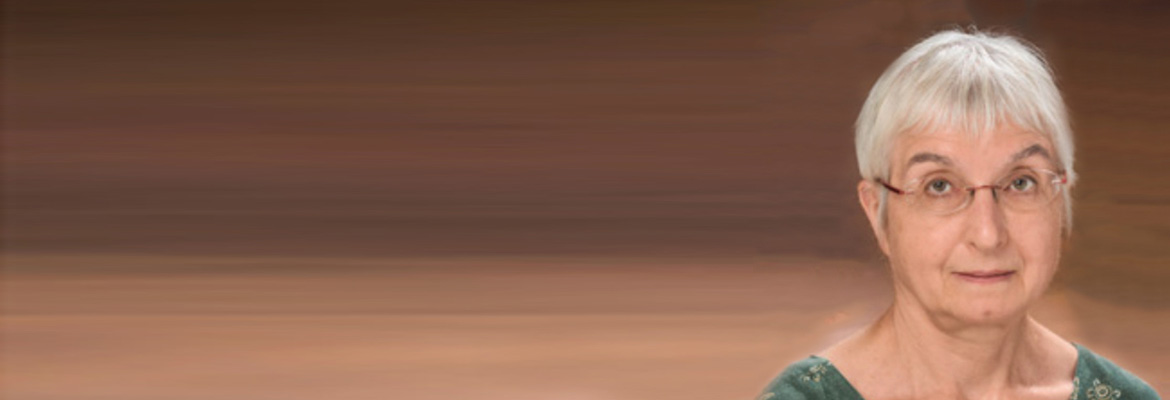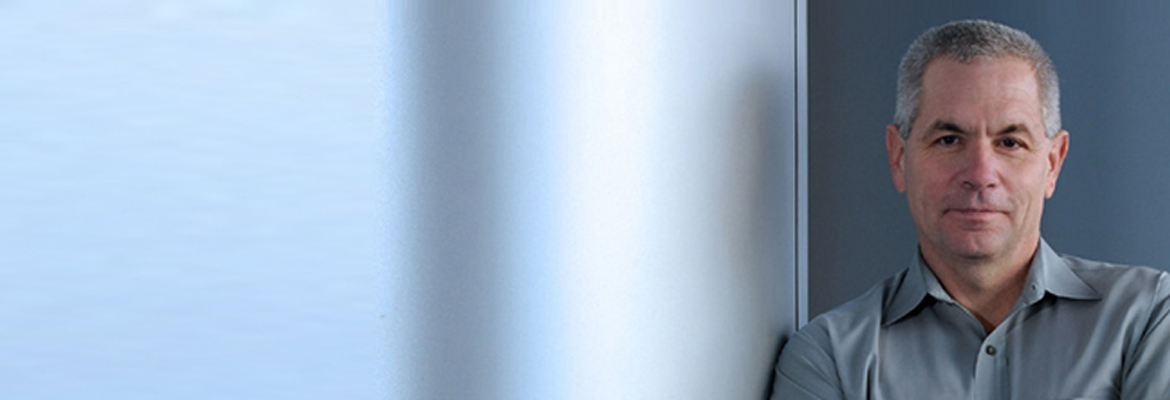Inventive researchers like Gil Binenbaum, MD, MSCE, an attending surgeon in the Division of Ophthalmology at CHOP, look at children’s health problems through different perspectives. His recent work has yielded new insights about retinopathy of prematurity (ROP), a blinding disease of the developing retinal blood vessels in premature babies, and also earned him recognition as recipient of the 2017 Young Investigator Award from the American Association for Pediatric Ophthalmology and Strabismus (AAPOS).
In 2012, Dr. Binenbaum became principal investigator of the Postnatal Growth and ROP (G-ROP) Study Group, a large-scale, multicenter project funded by the National Institutes of Health and headquartered at CHOP. The group, which now spans 41 institutions in the U.S. and Canada, has produced the largest detailed ROP dataset ever created.
G-ROP, which has published research findings in journals such as JAMA Ophthalmology, aims to address a large concern in current ROP screening: Many infants are examined, but only a small percentage actually require treatment.
“There are many babies getting exams; those exams can be stressful for the baby, and they are resource-intensive,” said Dr. Binenbaum, who was named the Richard Shafritz Endowed Chair of Ophthalmology Research at CHOP and also is an associate professor of ophthalmology at the Perelman School of Medicine. “We’re quite good at identifying who to treat, but less than 5 percent of those examined actually need to be treated. We’re trying to come up with a better way to decide who to examine — a better way to screen.”
The G-ROP study group developed new evidence-based birth weight, gestational age, and weight gain ROP screening criteria that can reduce the number of infants examined by one-third. Dr. Binenbaum presented these new screening criteria in 2017 at the AAPOS annual meeting where he received the Young Investigator Award.















